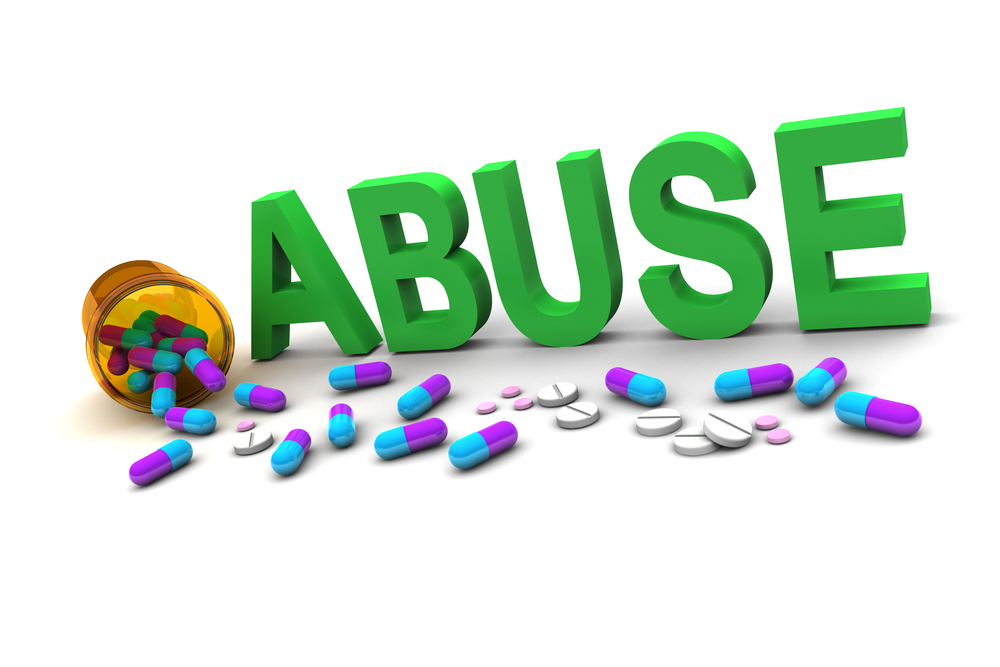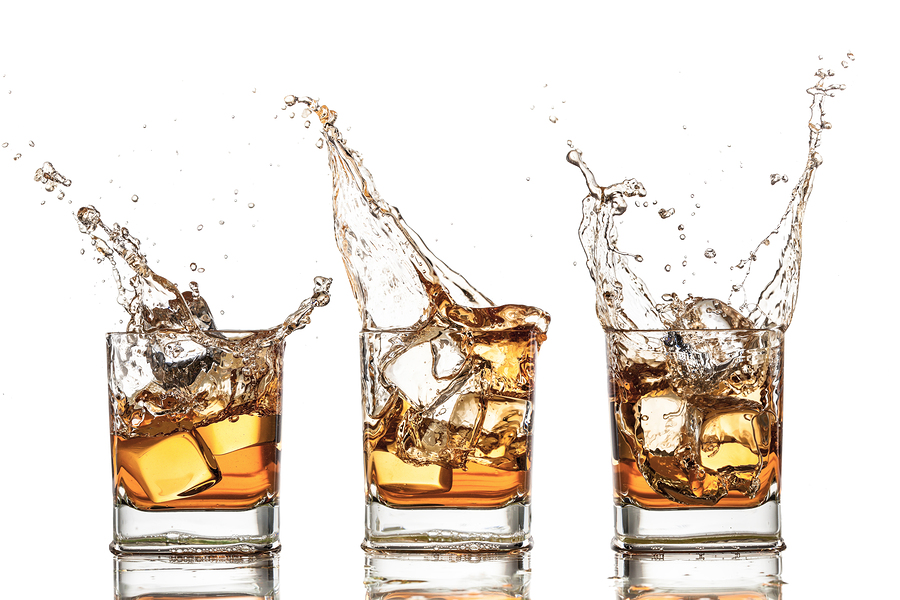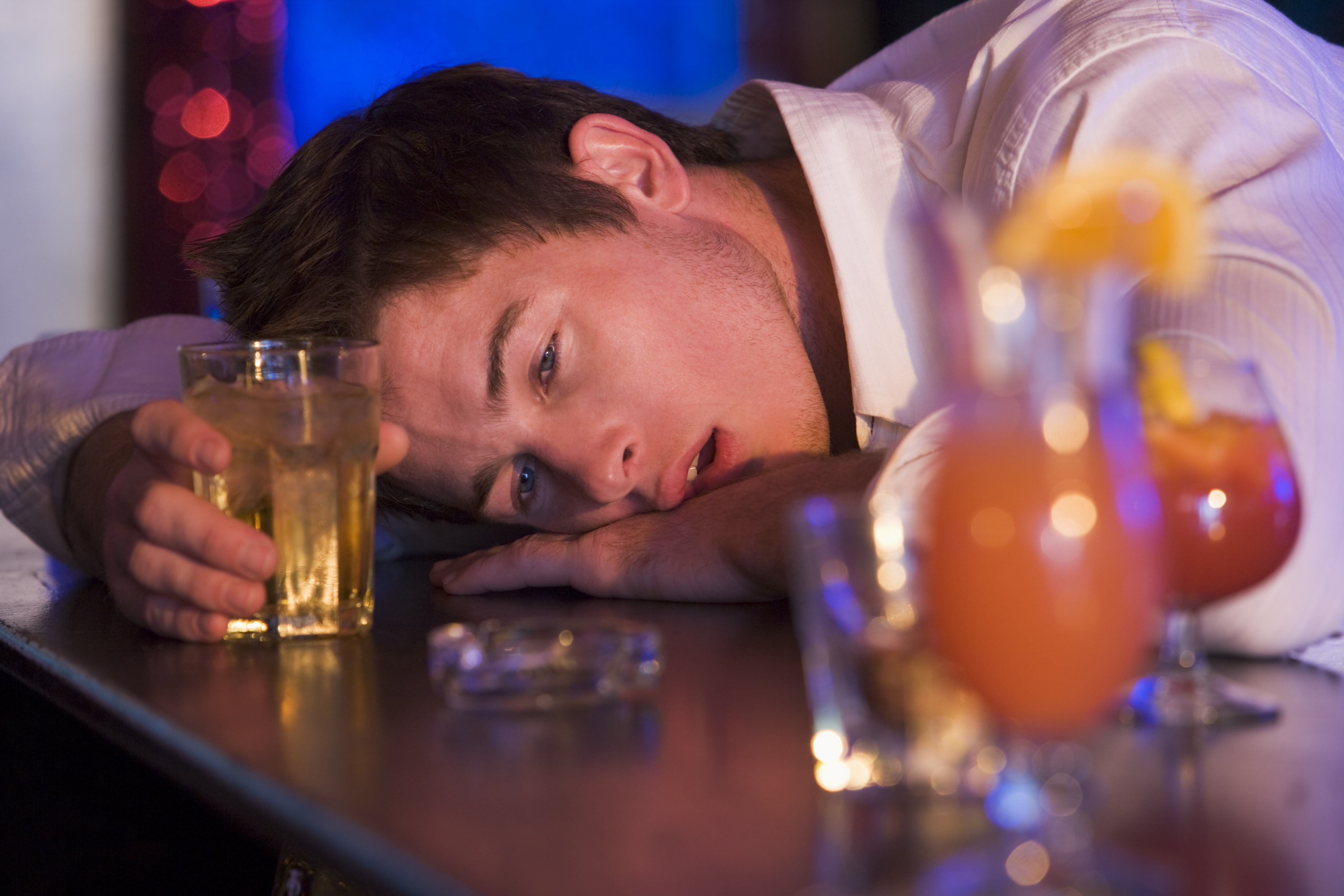Drug addiction triggers

Drug addiction triggers are the biggest obstacles to total healing and must be defeated
Drug addiction triggers: The hurdles of quitting addiction
Everything happening must begin from somewhere, for example, we all have our roots where we came from, who our parents are. Therefore, when we want to talk about us we are able to identify with our roots and get into the story, in the same way, the problem of drug addiction triggers can also be understood from its roots which may include looking at various triggers and why some people appear to be more susceptible than others. Stopping addiction is not easy and many people don’t understand why people become addicted to drugs. Erroneously it’s assumed that those who abuse drugs lack moral principles or willpower and they could stop using drugs if they want to simply by choosing to change their behavior.
According to the experts at AWAREmed Health and Wellness Resource Center headed by doctor Dalal Akoury MD, the truth is that drug addiction is a complex and complicated condition. Stopping any substance abuse is such an uphill task that takes more than good intentions or strong will. It is important to know that drugs change the brain in ways that foster compulsive drug abuse. However, with the advancement in technology much ground has been covered hence, drug addiction can successfully be treated to help people stop abusing drugs and lead productive lives. And that brings us to the true definition of drug addiction.
Drug addiction triggers: What is drug addiction?
Professionally doctor Akoury defines addiction as a chronic problem and a relapsing brain disease that causes compulsive drug seeking and use despite all the known harmful consequences to the addicted persons and to people around them. When we are opting for drugs in most cases it is never done forcefully. The new user gets in drugs on a willing basis, the problem that follows could be devastating in the sense that the alterations that take place in the brain over a period of time influence the addicts ability to practice self-control and hinder their will to resist intense impulses to take drugs.
Like has been mentioned, we’re much informed today of the availability of treatment procedures tailored to help people counter addiction’s powerful disruptive effects. Several studies have also established that mixing addiction treatment medications with behavioral therapy is one of the best ways to ensure success for most patients. Treatment methods that are tailored to each patient’s drug abuse patterns and any co-occurring medical, psychiatric, and social problems can lead to sustained recovery and a life free of drug abuse. All these treatment options are available with the experts at AWAREmed Health and Wellness Resource Center and upon scheduling an appointment with doctor Akoury, your life will never be the same again.
Finally, as you consider making that appointment, It is important to note that during treatment process just like any other chronic disease patients can relapse and begin abusing drugs again, when this happens, it does not indicate failure of treatment but rather it indicates that treatment should be:
- Reinstated
- Adjusted for
- An alternative treatment is needed to help the individual regain control and recover.
This should not bring you down, pick up the pieces and remain focus on the said objective of recovering from the scourge of addiction
Drug addiction triggers: The hurdles of quitting addiction







